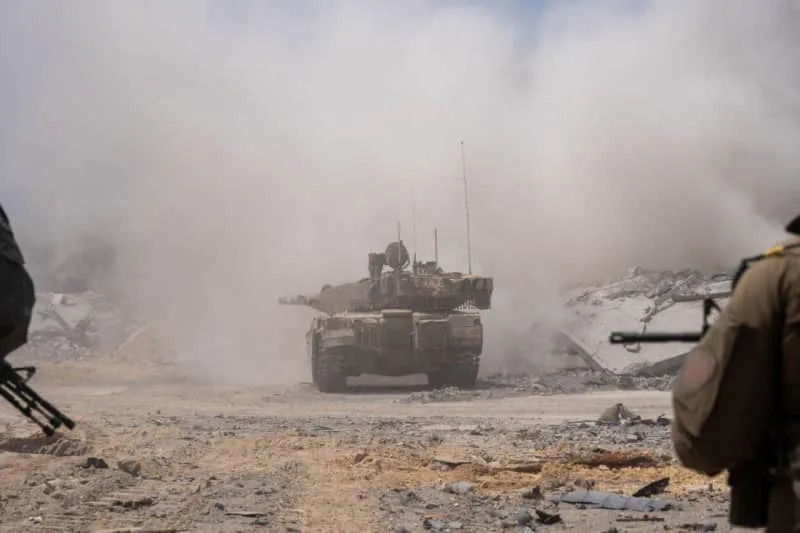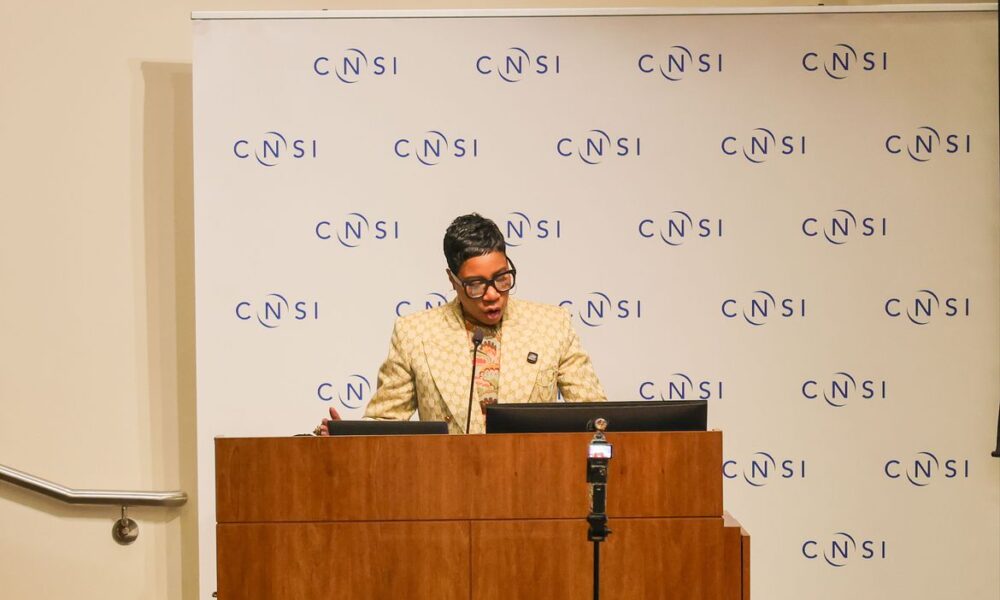Israel’s energy sector is facing significant risks that could lead to power outages in critical locations during wartime. A recent study led by Dr. Erez Cohen from the Department of Middle Eastern Studies and Political Science at Ariel University highlights vulnerabilities stemming from an overdependence on natural gas, insufficient storage capacity, and a highly centralized electricity system. The findings raise alarms about the country’s preparedness for potential crises.
The study, published in the journal Energy Sources, Part B: Economics, Planning, and Policy, reveals that approximately 70% of Israel’s electricity is generated from offshore natural gas sourced from the Tamar and Leviathan gas fields. This heavy reliance creates considerable risks, particularly in the face of potential missile attacks or cyber threats. Cohen emphasizes that the lack of backup systems exacerbates these vulnerabilities, making the energy infrastructure susceptible to disruptions.
In his analysis, Cohen reviewed production and consumption data alongside a qualitative assessment of policies from 2018 to 2024. He utilized the recent conflict in Gaza as a case study to illustrate the energy sector’s weaknesses. The study identifies four primary deficiencies that threaten Israel’s energy stability.
Identifying Key Vulnerabilities
Firstly, the reliance on natural gas leaves the system exposed. Should a central facility be damaged, the repercussions could be widespread. Additionally, a report from the State Comptroller indicates that by 2026, a shortage of natural gas could emerge, potentially inflicting economic losses amounting to hundreds of millions of shekels.
Secondly, Israel’s storage capabilities are alarmingly low. Although the country has achieved around 12% of its electricity generation from renewable sources, the absence of adequate storage systems undermines the continuity of supply during emergencies. Without these systems, even the expansion of renewable energy sources will fall short of ensuring resilience.
Thirdly, the centralization of the national grid is a critical issue. Any damage to a major power station or gas platform could lead to extensive outages, affecting not just electricity but also essential services such as water and healthcare facilities.
Cohen paints a concerning picture: during a crisis, hospitals and emergency services could be left without power, exacerbating the humanitarian impact. “In the Gaza war, we saw how our dependence on natural gas made us vulnerable,” he stated. “Any malfunction or hit on a central facility could paralyze the entire economy at a critical moment.”
Proposed Solutions for a Resilient Future
Cohen argues for urgent reforms to address these vulnerabilities. He advocates for a shift from a centralized energy system reliant on few offshore platforms towards a more decentralized model. The introduction of local microgrids could empower critical areas, such as hospitals and remote communities, to maintain operations even if the national grid fails.
Investment in energy storage is another crucial step. Cohen stresses that this is not merely an environmental concern but a national priority. “Without storage capacity, even renewable energy won’t save us in a moment of crisis,” he warned.
Furthermore, he emphasizes the need for a comprehensive digital and security framework. This includes creating a joint emergency coordination unit that integrates the defense establishment, the Energy Ministry, and the Cyber Authority to manage the electricity sector in real-time during crises.
Cohen concludes by reframing the perception of electricity: “We tend to think of electricity as a consumer product, but in reality, it’s a strategic weapon. If we don’t ensure backup, storage, and decentralization, we may find ourselves in the dark, precisely when we need the light the most.”







